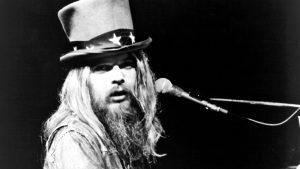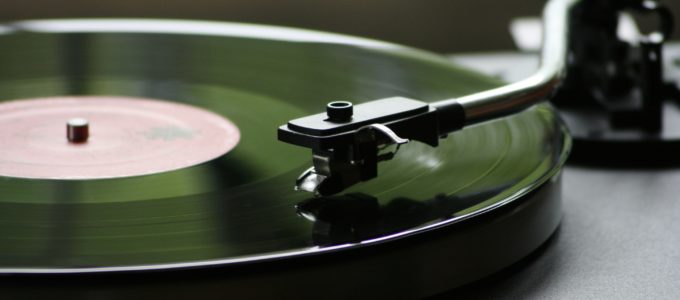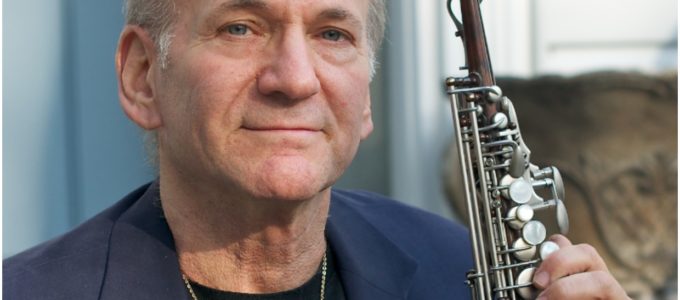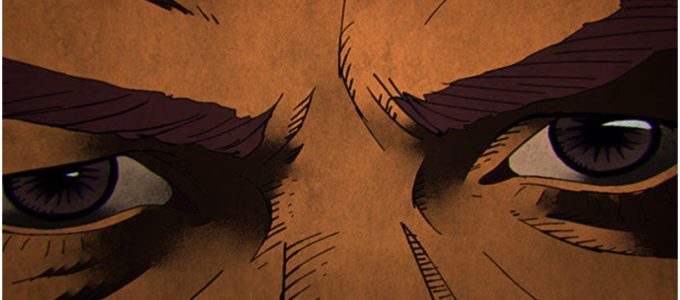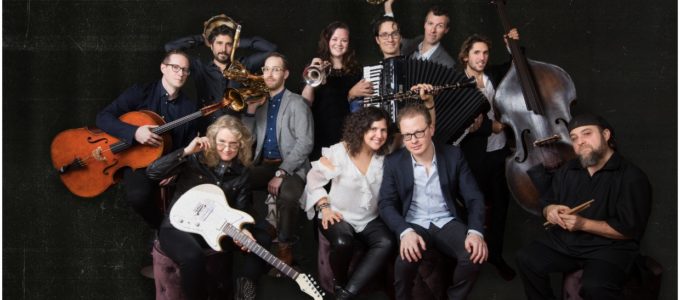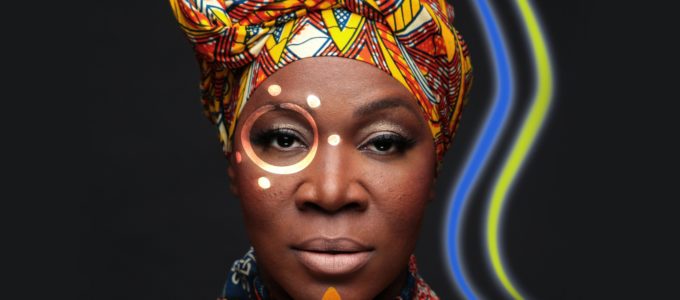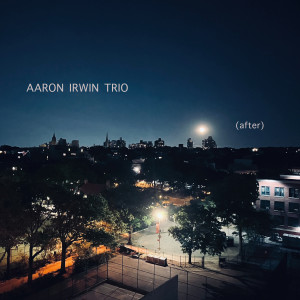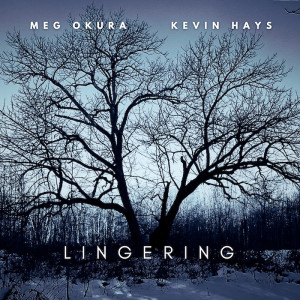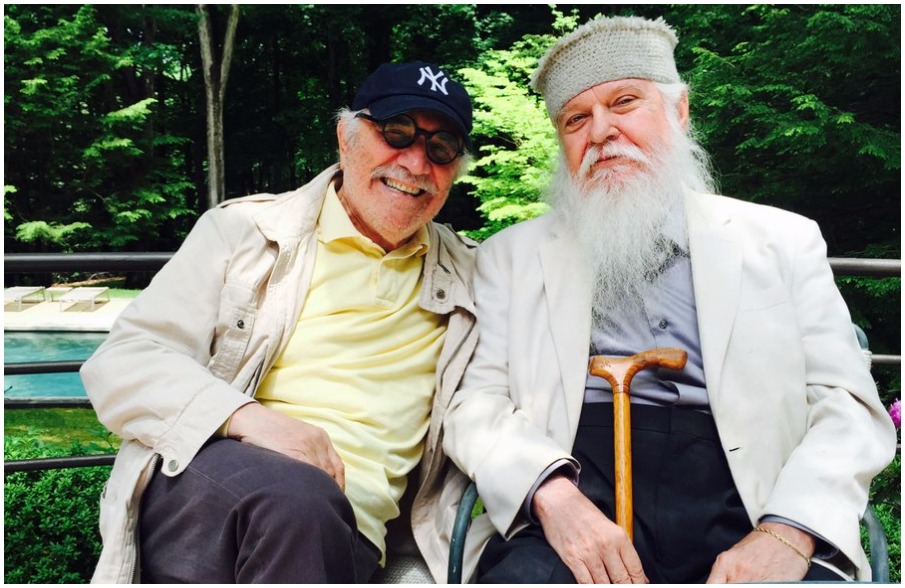
Producer Tommy LiPuma wrote this heartfelt letter, in which he remembers the great Leon Russell, to Bob Lefsetz after reading Lefsetz’s tribute to Russell on his website: http://lefsetz.com/
“Dear Bob,
I thoroughly enjoyed your tribute to Leon Russell, you really caught the essence of the man and how important that period was, and how important he was to everything that was coming out of LA at the time.
I know this is a bit long, but I felt compelled to write it.
I met Leon the evening of the first day I came to LA, fresh off the boat, rather the plane, from being a local Promotion man in Cleveland to take over the local promo position at Liberty records in LA. Bud Dain who I replaced as he had become the West Coast regional person said we had to go to a club that night called Pandora’s Box on Sunset and Crescent Heights Boulevard. It’s now an exit to make a right onto the blvd. He told me we were going to see a singer on the label whose name was Jackie DeShannon. Jackie was and still is a very soulful singer who was really connected to all of the new talent that landed in LA from all parts of the US, and that night she was sitting in with what was the club band.
I was immediately taken by the band, especially the acoustic piano player who was razor thin, and was wearing a blue seersucker suit with a burgundy tie and a pompadour hairdo, with a very serious expression on his face. It was Leon. And as it turns out a few of his band mates were guys that would also eventually make there own mark on the scene. David Gates, the leader and main songwriter of Bread on Guitar, and Carl Radle who would become the powerhouse bass player in Derek and the Dominos.
Jackie was wonderful and I was excited with the knowledge that I was going to be working with her. But I couldn’t get Leon out of my mind. He had a style that even then was very unique and I made it my business to find out his whereabouts. As it turns out even though he hadn’t quite become the in demand studio musician that he would become, he spent a lot of time at the Liberty offices hanging out with Snuff Garrett, and that’s when I met him.
Within two years I had joined Liberty’s publishing company, and Leon was hired to do most of the song demos with Jackie DeShannon and other writers that were part of the writing staff. This gave me a chance to be in the studio with him and, eventually, when I started to make demo’s with some of the staff song writers myself, I hired Leon to help me as I didn’t know my ass from the sound console at the time. Leon was kind and patient enough to help me get through those first few sessions, and he taught me a lot about the recording process, We eventually became good friends.
When I left Liberty to take my first job as an A&R man at the then fledgling A&M Records, we fell out of touch with one another until I ended up becoming partners with Bob Krasnow at Blue Thumb records. We happened to see an ad in one of the small music sheets at that time, and there was this outrageous ad for a single by a group called “The Asylum Choir”. It was a picture of Leon looking 180 degrees different than I had remembered him, with I think Jim Price, who was a close friend of Leon’s, along with this naked girl sitting on a sound console with a birds eye view of her female parts staring out at the camera. Well that got our attention, and since we were doing some outrageous ads of our own at the time, we picked up the single and then the album, and by the time we got through ““Sweet Home Chicago” and “Down On The Base” we knew something was happening here.
Within six months or so Leon became partners with Denny Cordell and we ended up making a distribution deal with them for Leon’s first solo album, which was on Shelter/Blue Thumb. Leon had really come into his own by that point, and those songs are still relevant today.
Right around that time we had signed Dave Mason of Traffic fame, and I was going into make Dave’s first solo album, Alone Together. I touted Dave on using Leon to play acoustic piano on some of the cuts and his style just stood out so brilliantly.
Within a year we ended up making a distribution deal with EMI Capitol, and it turns out Denny and Leon made their own distribution deal with EMI. I’d say about three Leon albums later, was the brilliant Carney album, just around the time we had signed George Benson to Warners. Timing and fate always fits into these scenarios, and I heard “This Masquerade,” played it for George and the rest was history. Leon had moved away from LA after the 1971 earthquake, first to Oklahoma,then to Nashville. We would talk occasionally on the phone, but our lives had gone in two separate directions. We did hook back up again about five years ago when he performed at the celebration of my 75th birthday at the Montreux Jazz Festival. We ended up doing an album together and through that marvelous experience we became close friends, and stayed tight right up until the night before he passed away. He had had a heart attack some months back, and I don’t think he ever fully recovered. I hadn’t heard from him in awhile and felt the urge to reach out to him, so I sent him a text at ten thirty Saturday night asking how he was and that I was concerned as I hadn’t heard from him in a while. The next morning we got a call from Johnny Barbis telling us he had died early that morning. I was stunned but not surprised as I hadn’t heard from him and sensed he was in no mood to talk. I called his cell and his wife Jan answered and told me he had passed about 4:30 that morning in his sleep. I’m just relieved that he didn’t have to suffer for months in a hospital bed, that wasn’t his style. For the most part, he was a very private person with a big distrust of anything or anyone that smelled corporate or big. He also was a closet intellectual…. he read a lot but never boasted or bragged about his knowledge.
One last story: when we were doing pre-production on what turned out to be his last officially released album, I spent a few days in Nashville with him. I kept asking him, even before I had gotten to Nashville to come up with some of what he considered his favorite songs. We sat around playing each other songs, and at one point he asked me if I liked Hillbilly music, and I pulled up on my computer one of my favorites, George Jones’s “When The Curtain Falls.” That pleased him immensely and things really got relaxed after that,
After two days of asking him to play me all of the tunes he had written, which he played numerous demos of, I just couldn’t get him to get out of this comfortable chair to play the piano and perform some of these things live. He was still pretty fragile from some surgery he had had some six or eight months before, but about an hour before I left, his sound engineer said Leon, you know they’re coming for this Yamaha piano tomorrow, and Leon said, “that’s a drag, I love that piano”, at which point I said “Well before they pick it up, would you play something for me on it?”, and his engineer said “Why don’t you play Tommy your version of “Come Rain Or Come Shine”?
Leon got up very unsteadily and with the help of his cane, hobbled over to the piano, sat down and played with the strength and power of a twenty five year old. He knocked both his engineer and me off of our chairs, and I told him that’s what I had been waiting to hear since I had arrived.
I’ll miss him.
Tommy LiPuma”
For more stories from Tommy LiPuma click here.

